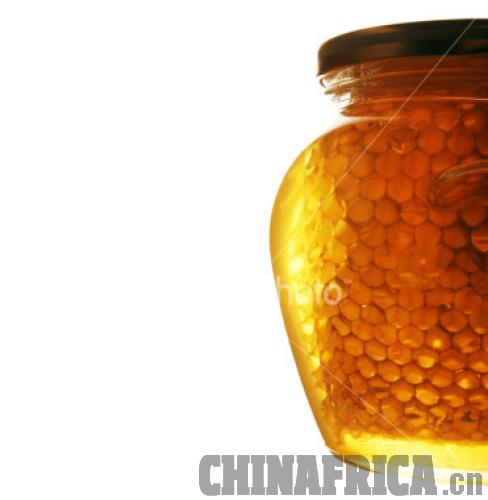|

You'd never guess Xie Chunming, 48. Her smooth glowing face presents an alluring attraction. She is generous too, happy to share her anti-aging secret. On the morning of every third day she treats herself with a special homemade facial mask, made of two tablespoons of honey mixed with the beaten white of one egg.
"You spread the liquid mixture on your face and wait for 30 minutes. When you wash it off, you will see the magic for yourself," said the Beijing businesswoman, adding that having used the honey treatment for more than 20 years, she has become an expert on the nutritional and healing properties of honey.
Based on the wisdom of traditional Chinese medicine, Xie believes that honey improves the human body's blood circulation and expulsion of toxins. So apart from using the "liquid gold" for beauty treatments, she also incorporates it into her daily diet, eating about 250 grams a month.
Big consumers
Due to the rising public awareness of healthcare, more and more Chinese are becoming honey consumers. Industry insiders estimated that in the past 30 years, China's honey consumption increased by 400 percent to reach about 200,000 tons in 2009.
"Our honey is purchased by men and women from different age groups," Shang Jiuyun, a supermarket saleswoman in Beijing told ChinAfrica. According to her, apart from people buying honey for their own use, it is also a popular choice as a gift item for family and friends.
In China's retail sales market, acacia honey, jujube honey, bramble honey, clover honey and basswood honey are among the most popular honey products, mostly produced by domestic manufacturers.
"As I know, imported foreign brands are often seen at large supermarkets, but generally speaking domestic honey is still taking a much bigger market share in China," said Shang.
As a giant honey consumer, China is also the biggest honey producer in the world. According to Bee999.com, a main information provider of bee products in China, the country's honey production was 300,000 tons in 2005. The number dropped to 190,000 tons in 2009 due to climatic disasters, accounting for 25 percent of the world's total. The domestic market consumes more than 60 percent of the country's production.
At present, the retail price for a 500-gram jar of domestic acacia honey, a popular choice, ranges from 20 yuan to 50 yuan ($3.02-$7.55), differing according to different brands and quality. The price for the same sized jar in other varieties of honey ranges from 15 to 30 yuan ($2.27-$4.53).
"Although most honey products are still affordable to me, I noticed that the price increased a lot in the past year," said Xie, who earns 6,000 yuan ($906) a month.
Statistics from China Bee Products Association show that due to big drop in production, purchasing prices for raw honey had soared by 50-80 percent as of July 2010. In the same period, the purchasing price for rapeseed honey and acacia honey climbed up to 8,000 yuan ($1,208) from 4,500 yuan ($680) per ton and 26,000 yuan ($3,927) from 13,000 yuan ($1,964) per ton respectively.
|